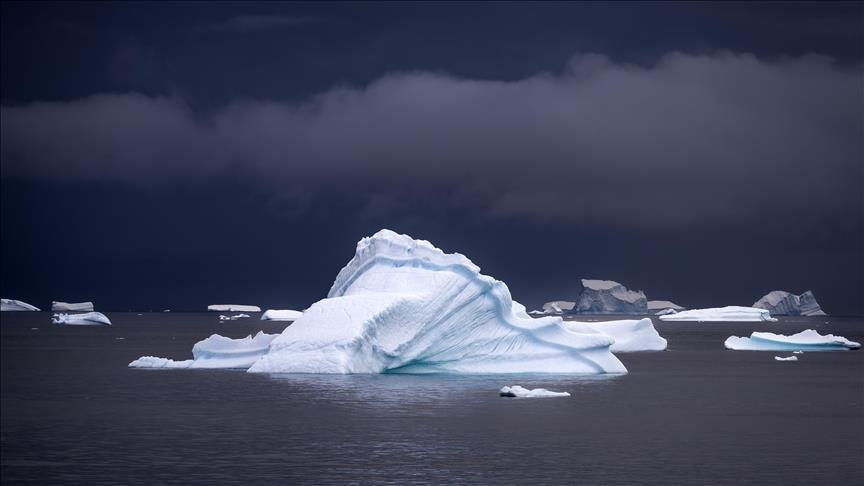Africa-Press – Kenya. New research warns that runaway melting of Earth’s major ice sheets could cause significant sea level rise and force mass migration from coastal areas— even if global warming is limited to the widely accepted 1.5°C target.
A team of international scientists aimed to determine a “safe limit” of global warming for the survival of the Greenland and Antarctic ice sheets, according to media reports on Tuesday.
To do so, they analyzed data from satellites, climate models, and historical records—including ice cores, deep-sea sediments, and even octopus DNA.
Despite global commitments to cap warming at 1.5°C above pre-industrial levels, the study published in the journal Communications Earth and Environment warns this threshold may be too high to prevent irreversible ice sheet collapse.
Projections show Earth could warm by up to 2.9°C by 2100 without stronger climate action.
Scientists have found that even if global warming remains at the current level of 1.2°C, it could still trigger rapid ice sheet retreat and catastrophic sea level rise.
The Greenland and Antarctic ice sheets together contain enough freshwater to raise global sea levels by about 213 feet.
Since the 1990s, ice loss from these sheets has increased fourfold, with about 370 billion tons melting each year. Ice sheet melting is now the main driver of sea level rise, and the rate of annual sea level increase has doubled over the past three decades.
“You don’t slow sea level rise at 1.5, in fact, you see quite a rapid acceleration,” Chris Stokes, a glaciologist at Durham University and one of the study’s authors, said.
The study also found that melting ice sheets pose an existential threat to the approximately 230 million people who live in areas less than one meter above sea level.
Even small-scale loss of ice could drastically reshape coastlines, displacing hundreds of millions and causing damage beyond current adaptation capabilities. Sea levels could rise by 0.4 inches per year by the end of the century, impacting today’s youth within their lifetimes, the scientists said.
Jonathan Bamber, a glaciologist at the University of Bristol and also an author of the study, said that a rise of 40 inches per century would lead to massive land migration on a scale never before seen in modern civilization.
The study’s authors say it is deeply concerning that the estimated “safe” temperature limits to protect the ice sheets continue to decrease as scientists gain a clearer understanding of their vulnerability to climate change.
Early models suggested Greenland’s ice sheet would destabilize at around 3°C of warming, but recent estimates show it could happen at about 1.5°C.
The study concludes that to prevent rapid ice sheet collapse, global warming must be limited to closer to 1°C above pre-industrial levels.
Achieving this would require drastic fossil fuel cuts, which seems unlikely as countries like the US continue to rely on oil, coal, and gas.
Stokes said the world is already beginning to experience some of the worst-case scenarios of ice loss.
He highlighted that the findings do not mean the world should abandon climate targets, as even small increases in warming lead to a great impact.
“Limiting warming to 1.5 will be a major achievement. It should absolutely be our target, but in no sense will it slow or stop sea level rise and melting ice sheets,” Stokes added.
For More News And Analysis About Kenya Follow Africa-Press






